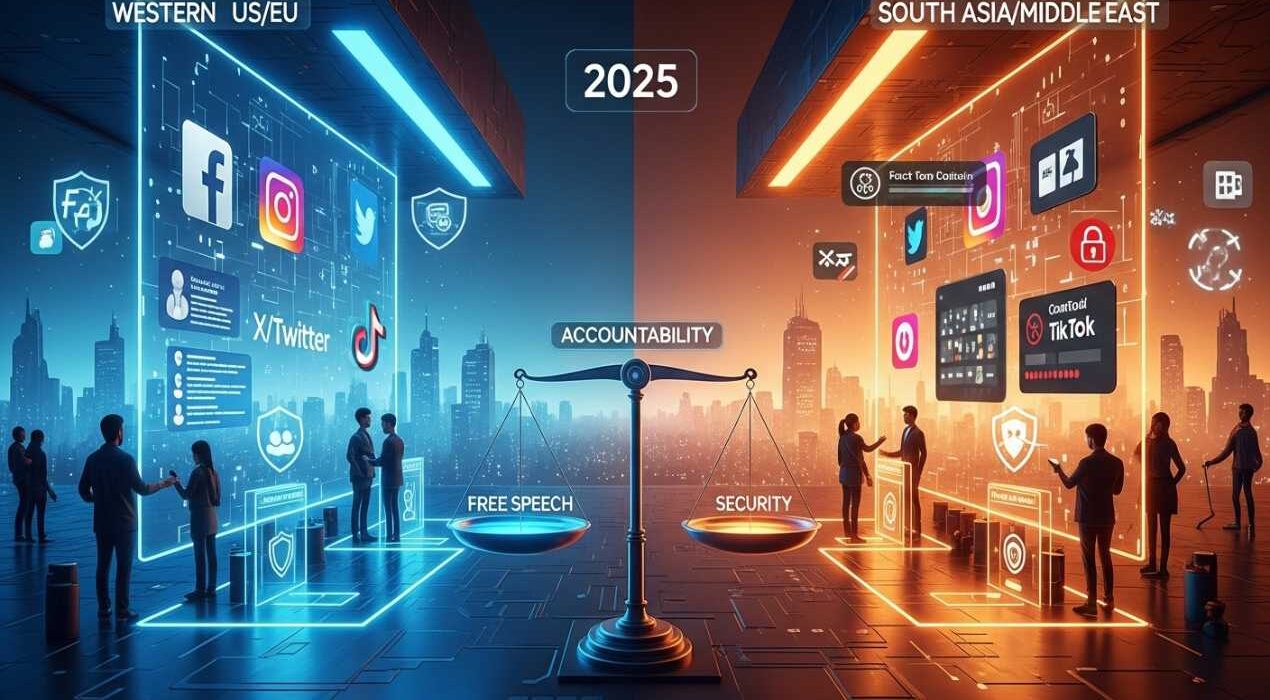In 2025, social media regulation has become one of the most pressing issues for governments, tech companies, and users worldwide. With platforms like TikTok, Facebook, Instagram, and X (formerly Twitter) shaping public opinion and influencing political discourse, nations are CateCore considering how to balance free speech, security, and accountability in the digital era.
Countries such as the United States and members of the European Union have introduced stricter policies aimed at curbing misinformation, protecting minors, and ensuring data privacy. Meanwhile, in regions like South Asia and the Middle East, regulations often extend into content control, sparking criticism from human rights organizations that warn of censorship risks.
Tech companies, on the other hand, argue that overly restrictive regulations may stifle innovation and hinder global communication. They highlight the importance of transparency, algorithmic fairness, and user empowerment as alternatives to heavy-handed government intervention.
Civil society groups stress the need for a balanced approach—one that safeguards democratic values while addressing the genuine dangers posed by unregulated platforms, such as online extremism, election interference, and harmful content targeting vulnerable groups.
As the debate intensifies, 2025 may be remembered as a turning point in how societies govern digital spaces. The outcome will likely shape the future of global communication, freedom of expression, and technological progress for years to come.
Global Debate on Social Media Regulation Heats Up in 2025




